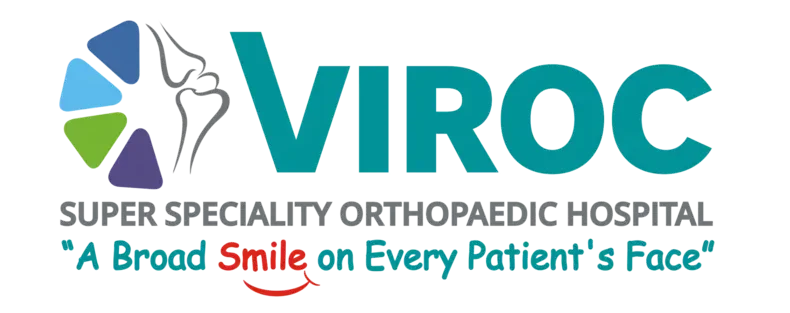Pain Clinic
The salient procedures practiced in pain clinics are Ozone (O3) therapy and Dry needling. These therapies provide rapid pain relief and patient satisfaction.
At a pain clinic, your therapy plan will be tailored to your specific needs, circumstances, and preferences.
Depending on the cause of your pain, treatments may include one or more of the following:
Medications. In many cases, patients are prescribed treatments before receiving other forms of therapy. Medications for pain may include:
- Non-aspirin pain relievers
- Nonsteroidal anti-inflammatory drugs (NSAIDs)
- Corticosteroids
- Opioid pain medications
- Antidepressants
Often, medications alone aren’t enough to treat chronic pain. Other treatments may be more effective than medications, and medication may be more effective when combined with other treatments. Other available treatments offered by pain clinics may include:
- Injections
- Nerve blocks
- Electrical stimulation
- Psychological support and counselling
What is pain management?
Pain management is a comprehensive approach to diagnosing, treating and controlling pain. It uses a multi-pronged and individualized treatment plan to coordinate safe and effective options that can address the physical, emotional, social, and psychological aspects of pain. In a balanced approach to pain management, people with pain, along with their family members and caregivers, learn to manage the pain in safe, effective, responsible and healthy ways to improve or maintain their overall well-being.
Components of a balanced pain management plan may include:
- minimally-invasive injection-based therapy
- physical therapy and rehabilitation
- psychological counselling
- social support
- medication
- other complementary approaches
When medications are necessary, there must be full recognition of potential side effects and appropriate management of the medications.
It is important that individuals afflicted with pain know that they will have to be active participants in their journey from being a patient to a functional person — all with the assistance of their support network. Balanced pain management means a team approach to ensure that people with pain can improve their quality of life, increase function and reduce suffering.
What type of training does a pain management doctor have?
Like other physicians, pain management specialists earn a college degree and then complete four years of medical school. They then spend four more years completing a residency in anaesthesiology.
What can I expect when I see my pain management doctor?
After completing a detailed history and a thorough physical exam, your pain management doctor may order additional tests such as radiographic images (including x-rays, MRIs, etc.) or blood tests. Chronic pain is a complex process that requires a combination of treatments in order to achieve the best results. A multi-pronged treatment plan tailored to the individual patient will be discussed and initiated that may include medications, possible minimally-invasive procedures and/or physical therapy. Pain management requires active joint effort from both the individual suffering from the chronic pain and the healthcare team.
Will my pain be completely gone after treatment?
Each case is unique, and depending on the type and cause of pain, your pain may be eliminated or decreased to a more manageable level.
Will I become addicted to my pain management medications?
Each individual’s likelihood of becoming addicted depends on numerous factors, including the individual’s addiction history. Talk to your doctor about your concerns.
I haven’t been feeling as much pain, should I stop taking my medication?
Do not cease taking your prescribed medication without first talking to your doctor. It is just as important to follow your physician’s instructions for stopping medication as it is while taking medication.
Does an increase in my dosage mean I’m becoming addicted to my medication?
An increase in dosage simply means you are building up a tolerance to the pain medication prescribed. It is normal for your body to build up tolerance over time, and your doctor may change your dosage or type of medication to maintain the effectiveness of your treatment. An increase in tolerance does not mean you are addicted.

Dr. Archana Paradkar

Dr. Murli Motwani

Dr. Anant Rane
Meet Our Patients


